This client in Pittsburgh, PA, had a very serious problem with their shop’s front door and requested a door lock repair. One of the electric latches on the front door was not working right. There were signs that the lock system was going to break, which could make the store less safe and harder to get into. So, they called Sherlock’s Locksmith to help them solve the issue.
Scope of Door Lock Repair
Diagnostic Assessment
After a full check, we found that the issue was due to several factors. The main reason for the lock issue is the normal wear with long-term use. Humidity and other weather elements also played a role. Upon looking closely at the locking system, there were minor misalignments that made the problem worse. If not fixed, this could lead to intermittent failure in securing the door later on.
Electrical Inspection
Next, we looked at the electrical connections, control panels, and power supply parts to see if there were any problems, loose connections, or voltage issues that could stop the latch from working.
Component Replacement
We replaced worn-out or damaged components within the electric latch mechanism with high-quality, industry-standard parts. With this quality control, we assured the client that the lock would work well and last a long time.
Alignment Calibration
After replacing the parts, we made adjustments to the alignment to make sure the system worked as it should. We also checked if the locking mechanism functioned correctly.
Testing and Quality Assurance
After fixing the problem, we put the electric latch system through a series of tests to make sure the repair worked and that the latch was working properly again.
Preventive Maintenance Recommendations
Before leaving, we gave the client professional advice on how to do preventative maintenance on the door lock system. If they keep these tips in mind, it will help them avoid problems like this from happening again.
What Are Electric Latches for Doors?
Electric latches are devices that use electricity to lock and open doors instead of mechanical locks or latches. Depending on the system setup, the electric latch will either extend or retract a bolt or latch to lock or unlock the door. This way, users can operate the door electronically without the need for physical keys. That makes it easy and simple to control entry.
Common Problems With Electric Latches
While electric latches for doors offer many benefits, they can also experience several common problems. These issues can include:
Power Failure
Electric latches can only work with electricity. If there is an electrical failure or power loss, the latch might not work, which could cause inconvenience or compromise security. So, to prevent these issues, some systems have backup power sources, like batteries.
Mechanical Failure
An electric latch will wear out over time, just like any other mechanical device. Parts like springs, motors, or gears can break, which can cause latches to stop working. With regular inspections and repairs, you can help find and fix mechanical problems before they get worse.
Wiring Issues
For electric latches to work right, they need to be wired properly. Problems like loose connections, faulty wiring, or poor fitting can cause the latch to fail. Avoid these problems by making sure that the wiring is right and tight.
Electronic Malfunctions
Electric latches have control boards, sensors, and actuators that can break down because of things like moisture, extreme temperatures, or electromagnetic interference. Testing and monitoring things on a regular basis can help find and fix electrical problems quickly.
Are you a business owner in Pittsburgh, PA, dealing with faulty door locks or malfunctioning electric latches? Sherlock’s Locksmith specializes in lock repair, including electric latches. Our skilled technicians are well-trained and skilled in handling any commercial locksmith problem with care and professionalism. Do not let a problematic lock stop you from working or put your business at risk. Call us right away, and we will help you run your business smoothly.
Gallery
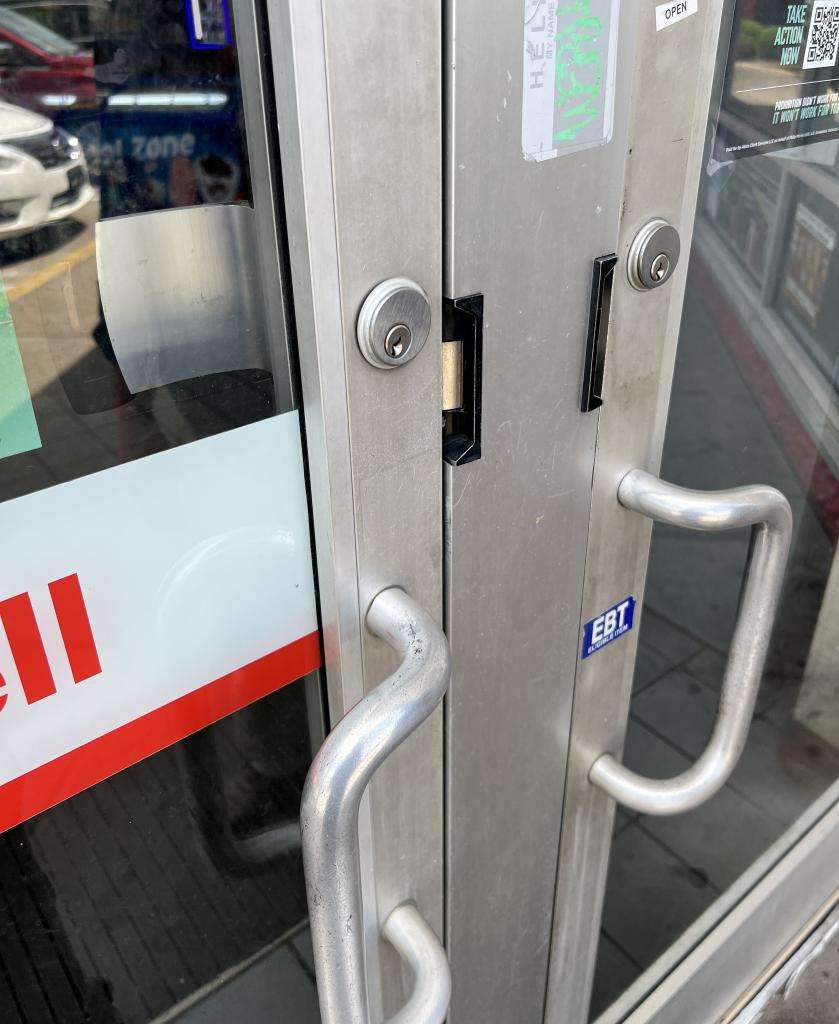
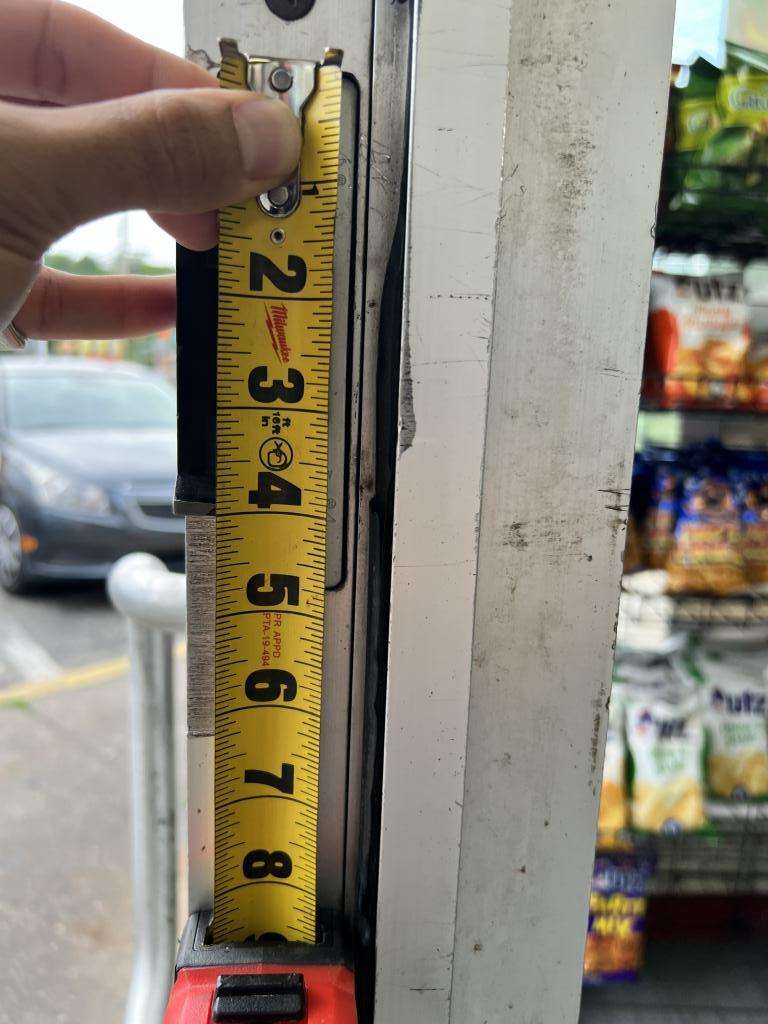
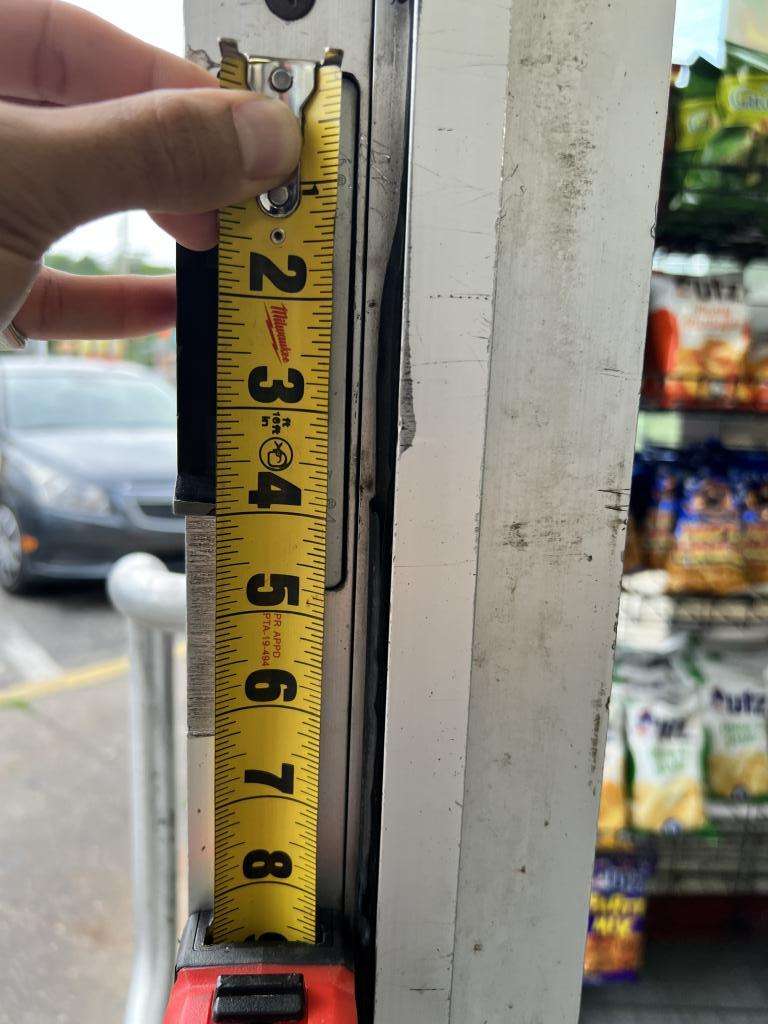
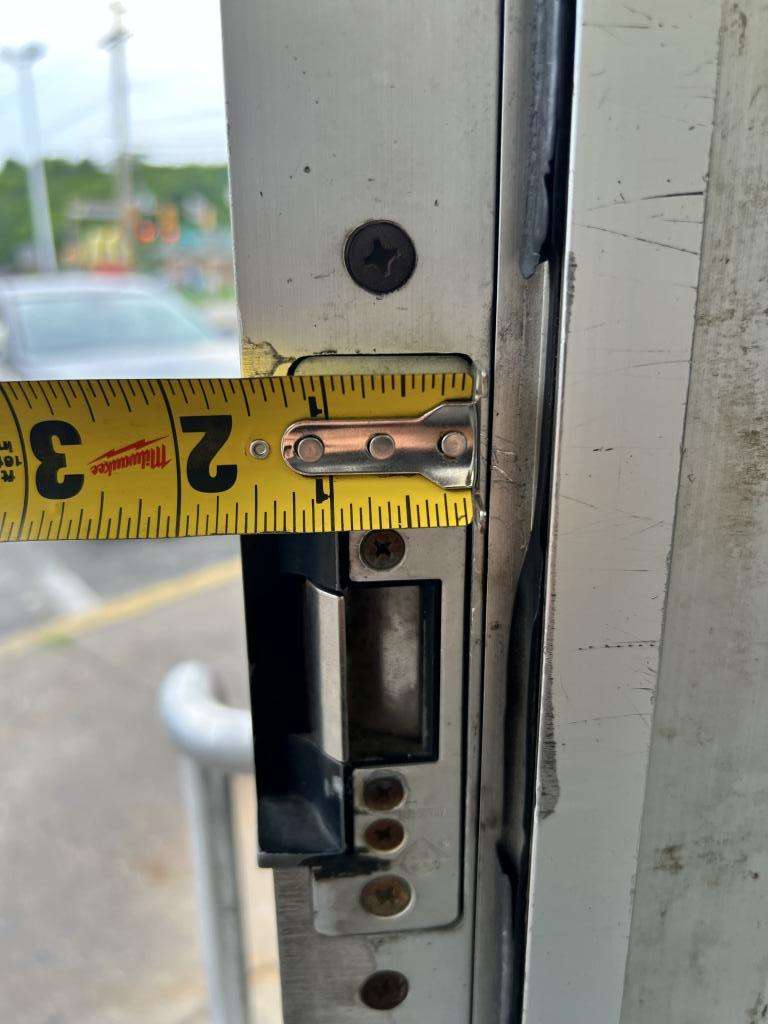
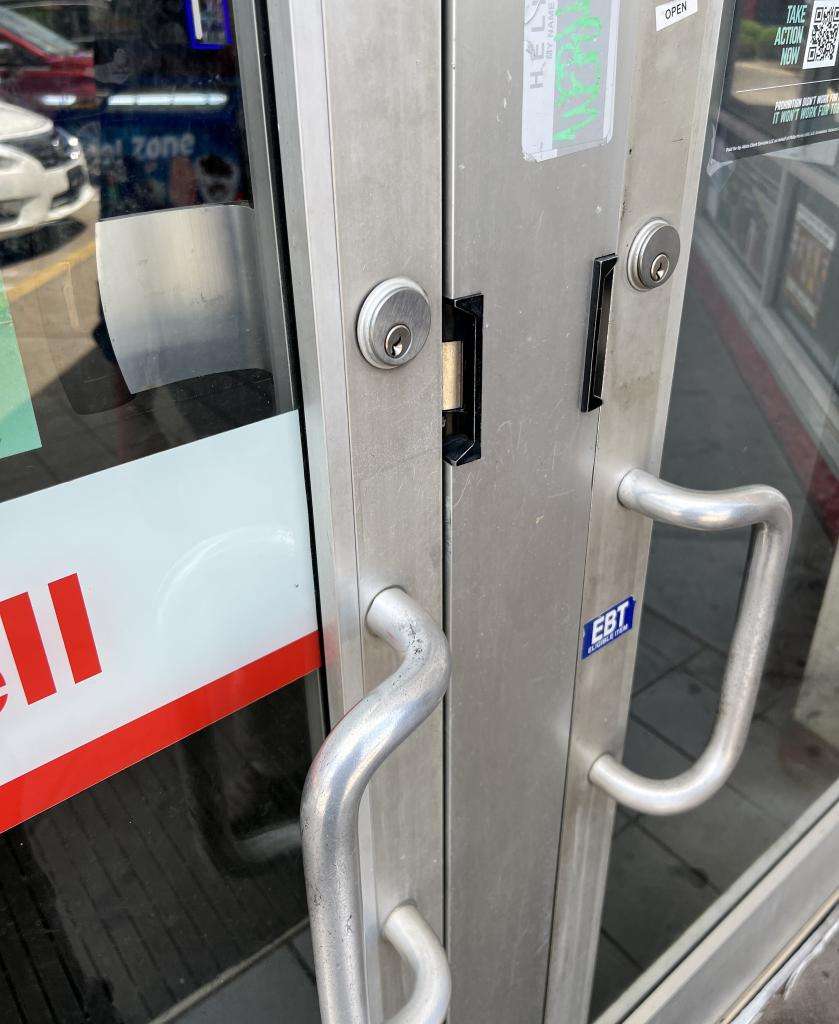
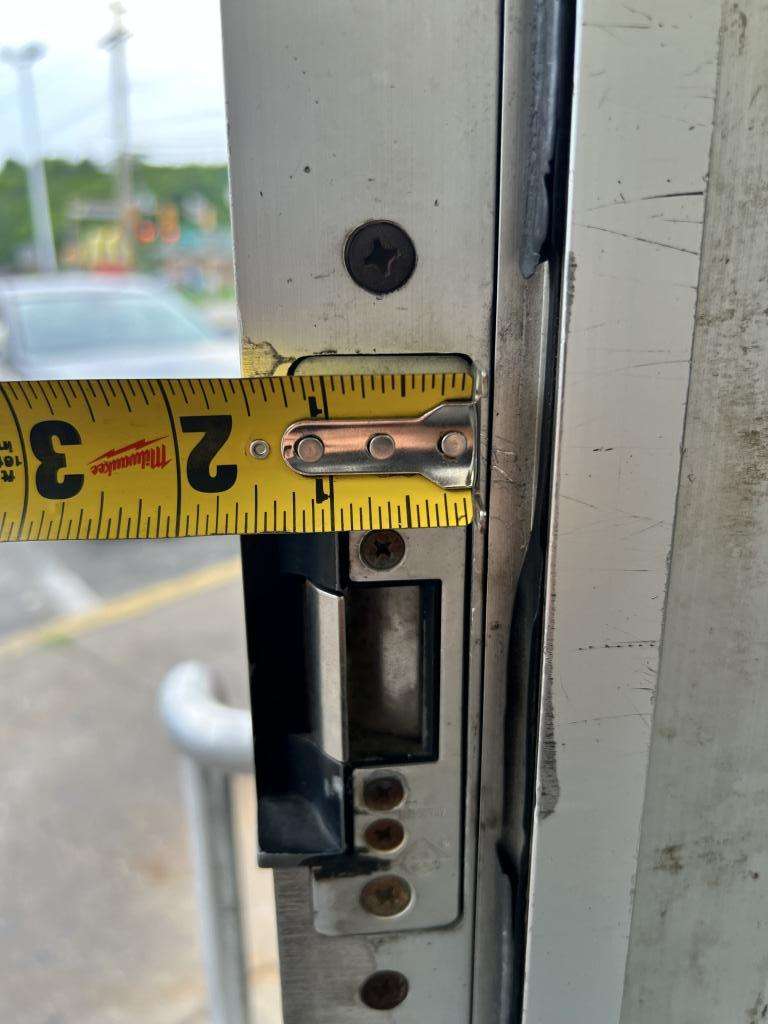
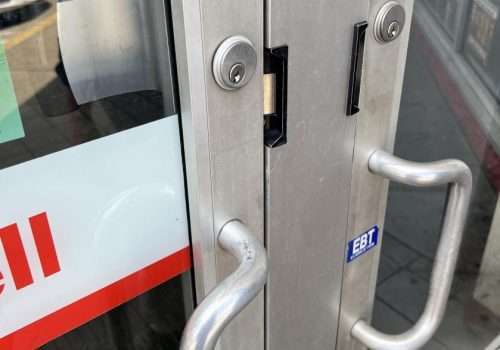
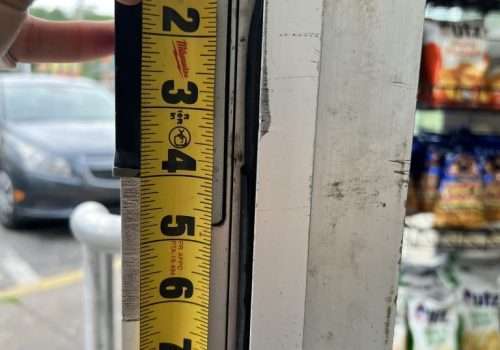
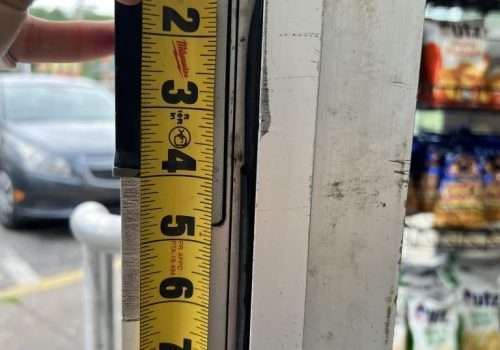
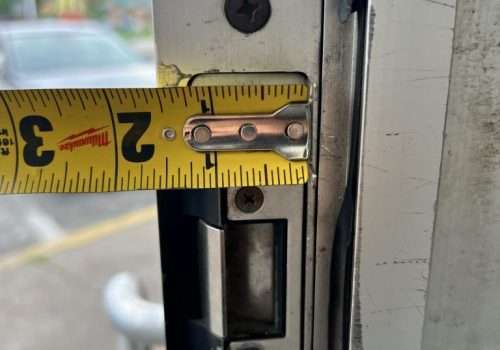
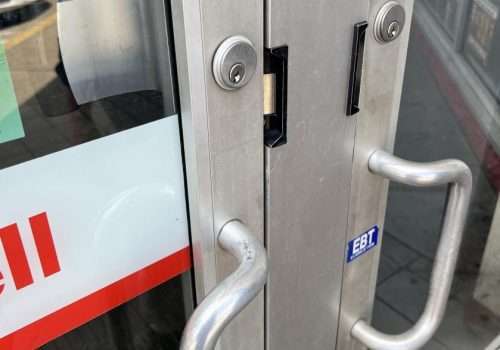
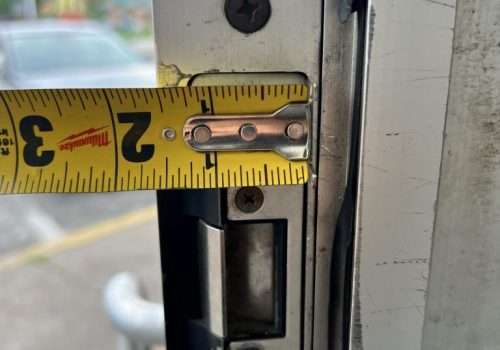

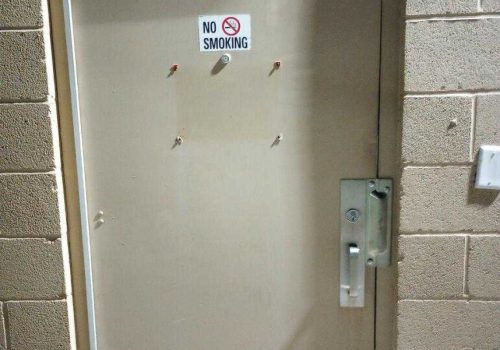
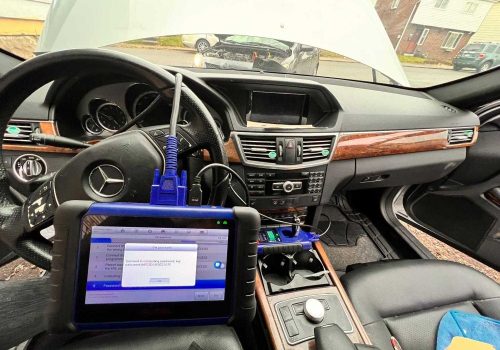

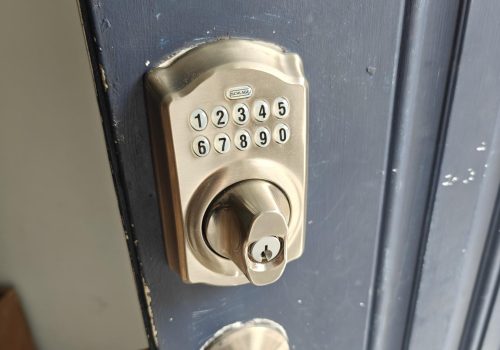


Comments: